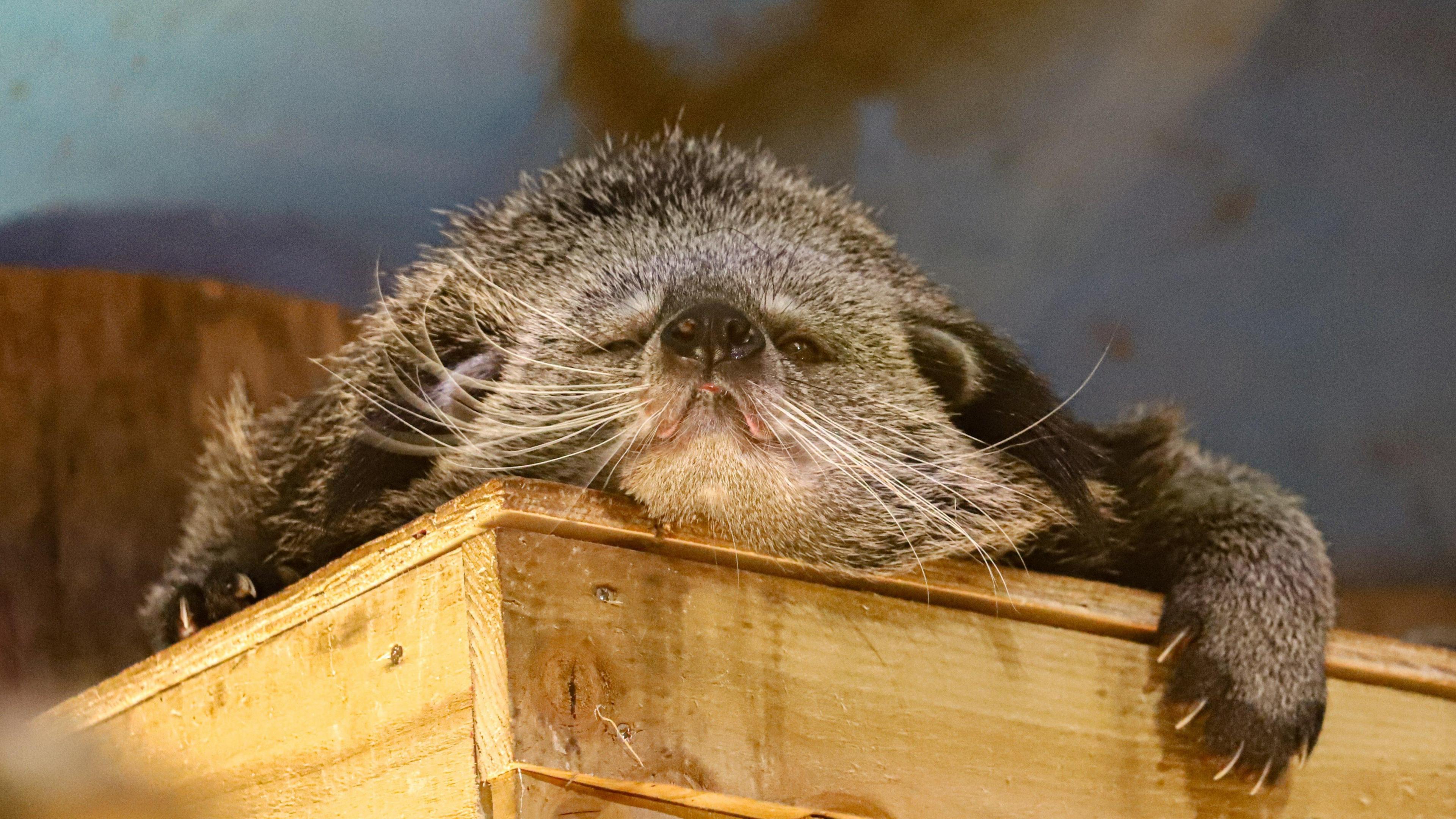Zoo celebrates rare cassowary breeding success
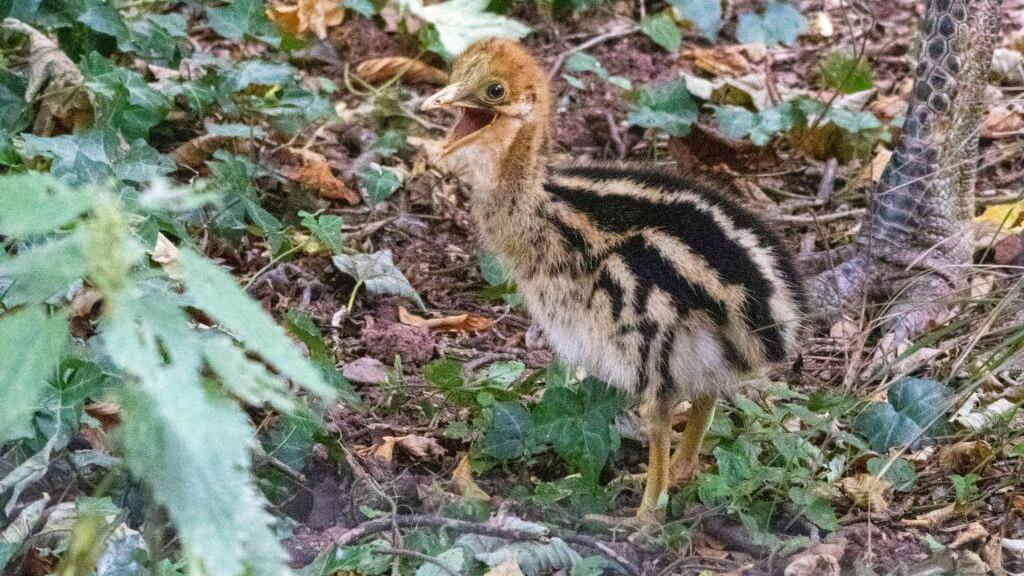
Paignton Zoo said it was the first time the species had been bred at its site for 21 years
- Published
A zoo has celebrated a "rare breeding success" following the hatching of a cassowary chick.
Paignton Zoo in Devon said the baby cassowary was the only such birth in Europe in 2025 and the first time the species had been bred at its site for 21 years.
Cassowaries, described as "the world's most challenging bird species", are large flightless birds native to Australia and New Guinea that have sharp claws and can reach about 1.5 metres (4ft 9in) in height.
The zoo said the chick was being raised by its father Madrid, in line with the species' natural behaviour where males assume all parenting duties.
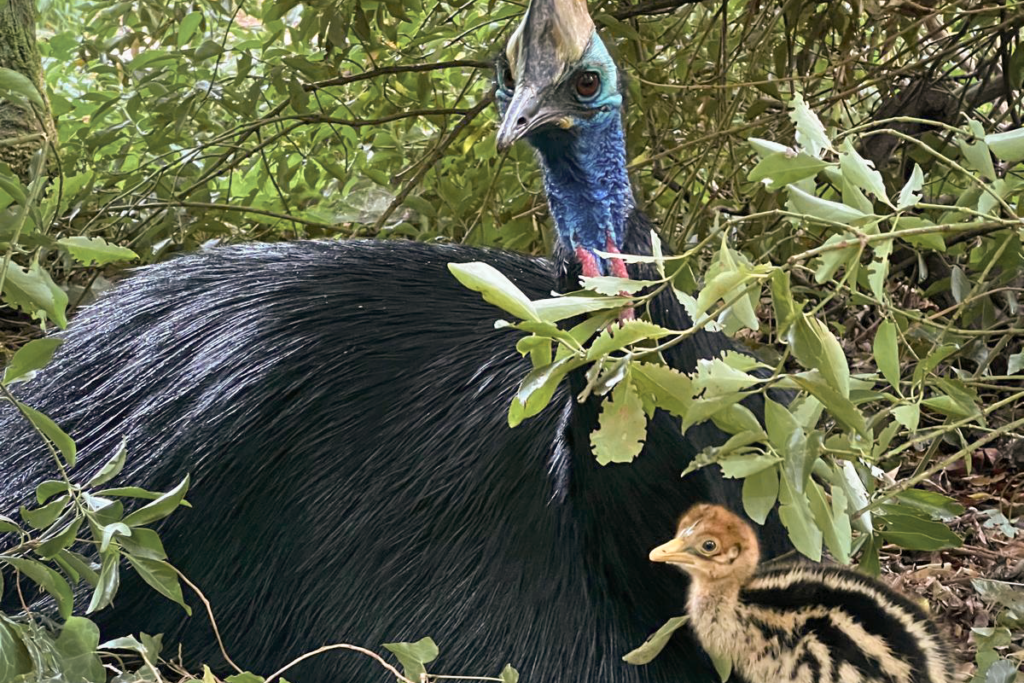
Male cassowaries incubate eggs for approximately 50 days and raise their young for up to 18 months
Lisa Ward, birds team leader, said: "Madrid is doing everything right, he keeps the little one close, shows him where the best food is, and won't let anyone come near his baby."
Paignton Zoo said the chick, which resembles a "baby dinosaur" due to its prehistoric appearance, was following its father closely during daily activities.
It added male cassowaries incubate eggs for approximately 50 days and raise their young for up to 18 months.
Pete Smallbones, curator of birds said: "Cassowaries can be quite challenging to work with, and successful breeding requires careful management and understanding of their behaviour.
"This breeding success is a real boost to the European zoo population."
Follow BBC Devon on X, external, Facebook, external and Instagram, external. Send your story ideas to spotlight@bbc.co.uk, external.
Related topics
- Published25 April
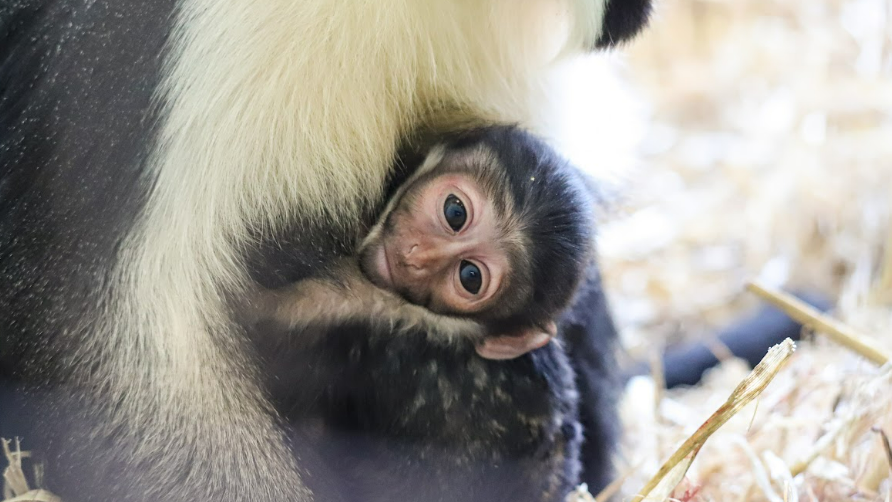
- Published5 July
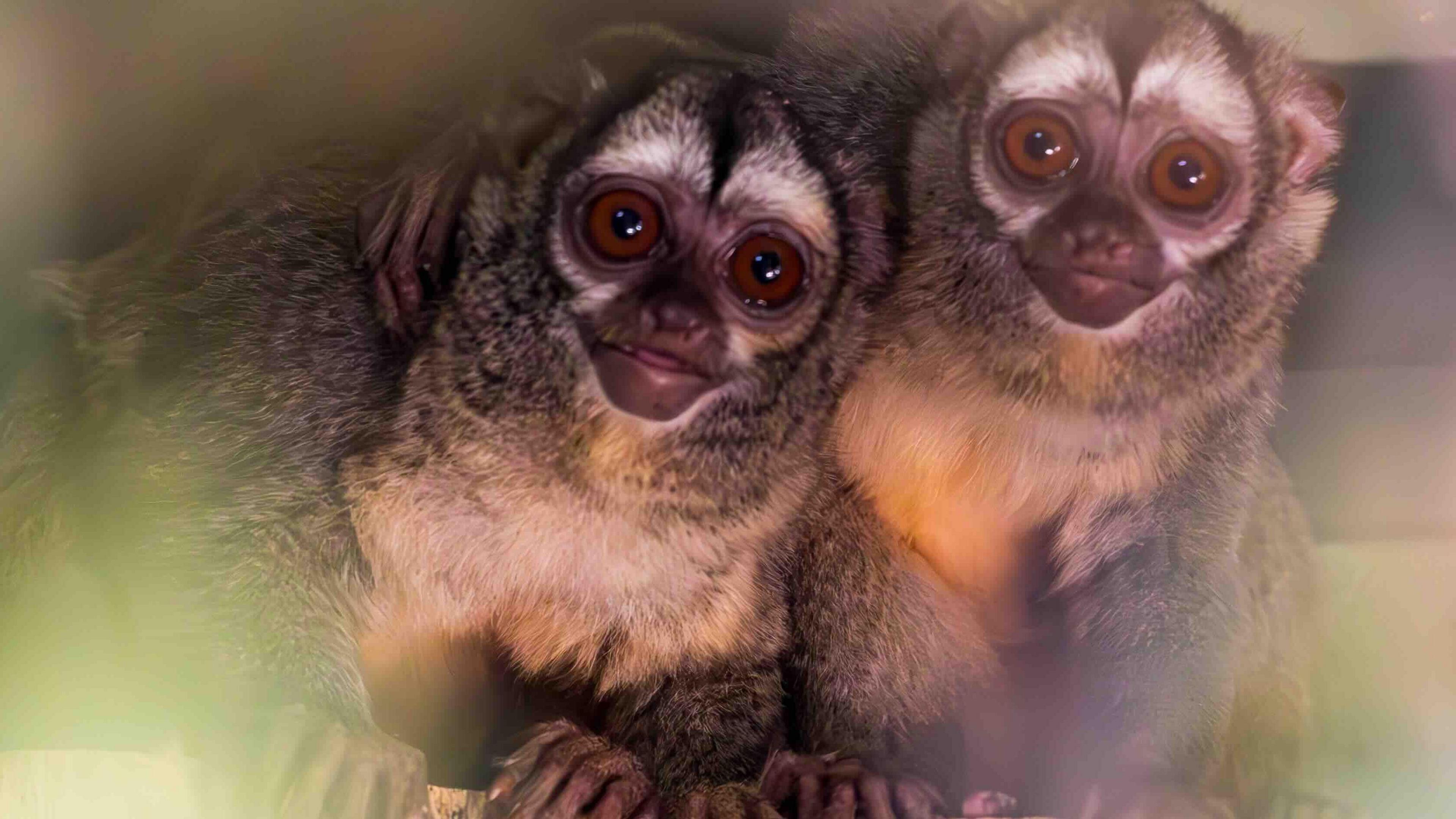
- Published11 April
